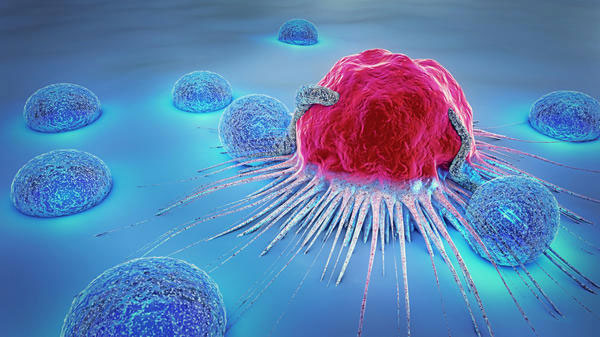Daijiworld Media Network - New Delhi
New Delhi, Apr 29: In a significant advancement in cancer treatment, a team of Brazilian researchers has engineered a groundbreaking CAR-T cell therapy demonstrating encouraging outcomes in patients battling a challenging form of lymphoma – a cancer affecting the lymph nodes, spleen, and bone marrow – that has resisted conventional treatments.
Dubbed HSP-CAR30, this pioneering therapy marks the successful completion of the initial phase of the first European CAR-T30 study.
The findings from the Phase I clinical trial, published in the esteemed journal Blood, highlight the remarkable efficacy of this novel therapy, which specifically targets the CD30 protein, in patients with refractory CD30-positive lymphoma. Notably, the therapy also fosters the proliferation of memory T cells, a crucial aspect that contributes to sustained responses and improved long-term clinical outcomes in the treated individuals.

"The most striking observation is the 100 per cent overall response rate, a truly exceptional outcome in patients who have already undergone multiple lines of treatment," stated Dr. Javier Briones, Head of Hematological Oncology at the Sant Pau Research Institute (IR Sant Pau). "Furthermore, half of the patients achieved complete remission, meaning the disease was undetectable through imaging studies and clinical analyses."
Remarkably, approximately 60 per cent of the patients who achieved a complete response remained in remission without any signs of relapse after a median follow-up period of 34 months.
"This is of paramount importance," emphasized Dr. Briones, "as it indicates that the persistence of these CAR-T cells within the body exerts a tangible and lasting impact on the disease, which is precisely the therapeutic goal we strive for with this type of intervention."
While CAR-T cell therapies have emerged as a compelling alternative for treating B-cell leukemias and lymphomas, their application in CD30-positive lymphomas has been hampered by issues such as the limited persistence of the engineered cells and a high rate of relapse among patients.
The Phase I trial involved a cohort of 10 patients with relapsed or refractory classical Hodgkin lymphoma or CD30-positive T-cell lymphoma, yielding highly encouraging results. Importantly, no dose-limiting toxicities were observed during the study.
One of the most noteworthy findings was the robust in vivo persistence of the CAR30-positive cells, which remained detectable in 60 per cent of the evaluable patients a full year after the infusion, suggesting the potential for long-term disease control.